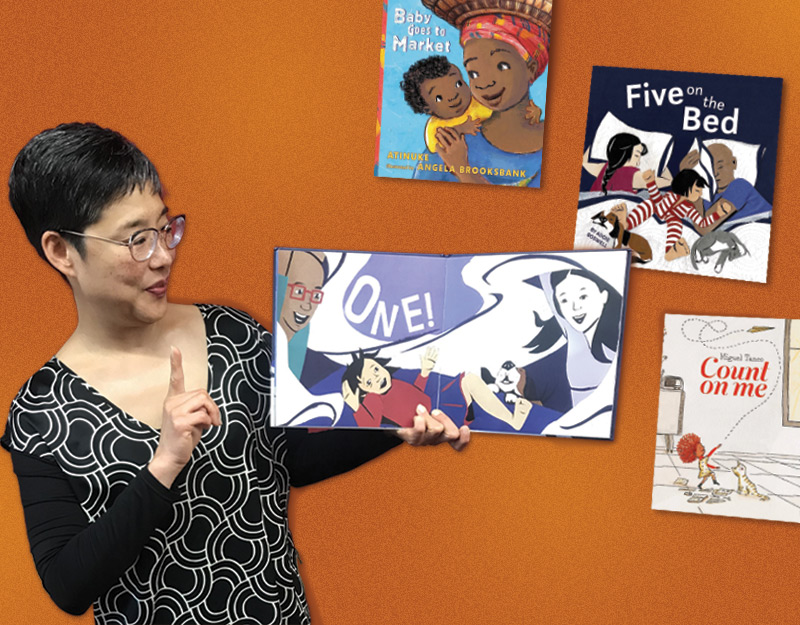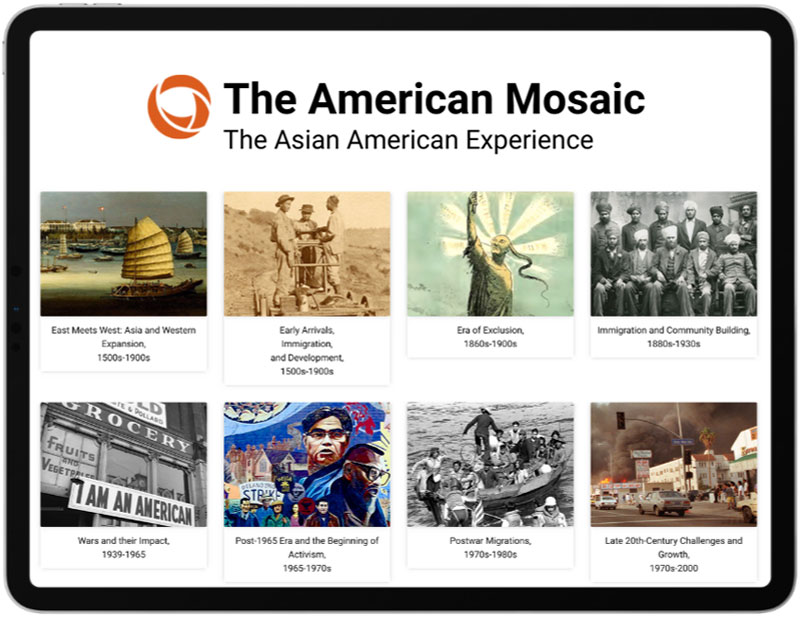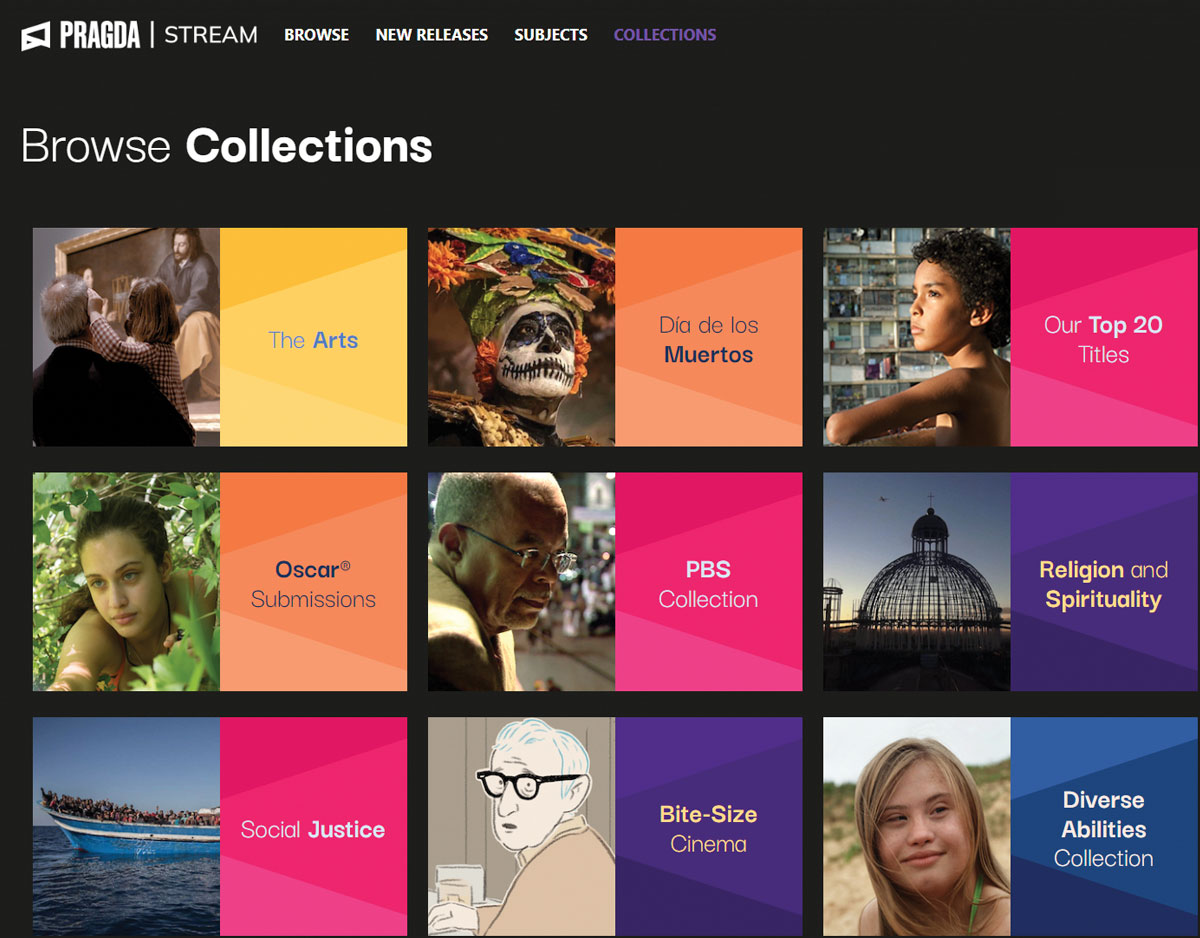Sunday Reflections: In our mailbox – How do you talk to teens about issues of consent in light of the Steubenville case?
A reader of TLT e-mailed an and asked:
 File this under Things They Didn’t Teach Me in Library School, but how do you incorporate sensitive, informational programming into your library? I actually have some thoughts on the topic. (Also, thanks for the awesome compliment. You made our day!!)
File this under Things They Didn’t Teach Me in Library School, but how do you incorporate sensitive, informational programming into your library? I actually have some thoughts on the topic. (Also, thanks for the awesome compliment. You made our day!!)1) The law recognizes that certain age groups are unable to give consent at all, typically teens under the age of 16 (though verify this with your local legal counsel)
2) The law recognizes that certain members of society (such as adults) or people in positions of power (like teachers and coaches) can abuse their position of authority to manipulate consent and this is not real or meaningful consent.
3) People who are passed out, intoxicated, or that have cognitive difficulties also can not give consent.The main thing we need to teach all of our teens about sexual activity is this: YOU AND YOU ALONE ARE RESPONSIBLE FOR YOUR ACTIONS. Someone can not compel you to rape them. Not with the way they dress, the places they hang out, etc. The victim is never at fault.
A couple of years ago, I did a program on relationship safety at my library in conjunction with local SANE (Sexual Assualt Examiner Nurser) organization in our hospital. They have a special education task force that partnered with organizations to talk about domestic violence, rape, etc. We hosted a series of informational programs that, while important and well done, were not very well attended. I have always found that teens will come for fun, less so for informational programming, no matter how relevant it is to their lives. If I were to do it again, I would partner with the schools if possible to get more of a captive audience, making sure that I provided plenty of booklists and booktalks on relevant books and support materials. Keep in mind that it is a sensitive subject that might make the schools uncomfortable.
ADVERTISEMENT
ADVERTISEMENT
Remember, these are HUGE issues with legal and emotional ramifications. Create appropriate professional boundaries, check with your administration on what your limits and responsibilities are, and find ways to have informative programming without putting the library at risk for any bad publicity or legal recourse. And you think it couldn’t happen, but I know a library that was demonstrated against for hosting a Teen Murder Mystery by a victims rights group, they claimed they were making light of crime. You want to make sure you have your reasoning and talking points down so that you are not caught unsure what to say with the press. The important thing is this: If we talk to teens about consent and help them understand what it means to respect others, we can help change the culture and prevent more Steubenvilles. That’s a good and important goal.
Some people might argue that it is not the library’s place but the parents, but I think libraries are important community and information hubs and, when done well, informational programming is 100% on target, even if they deal with such sensitive topics.
Check out this article about The Author Who’s Teaching Boys to Talk About Rape, and some of the internal links Have a question for us? Email me at kjensenmls@yahoo.com and we’ll see if we can come up with an answer. Between the 4 of us, we usually have something to say.
Filed under: In Our Mailbox, Sensitive Issues, Teen Issues, Teen Programming
About Karen Jensen, MLS
Karen Jensen has been a Teen Services Librarian for almost 30 years. She created TLT in 2011 and is the co-editor of The Whole Library Handbook: Teen Services with Heather Booth (ALA Editions, 2014).
ADVERTISEMENT
ADVERTISEMENT
SLJ Blog Network
2024 Books from Pura Belpré Winners
Passover Postings! Chris Baron, Joshua S. Levy, and Naomi Milliner Discuss On All Other Nights
Winnie-The-Pooh | Review
Parsing Religion in Public Schools
ADVERTISEMENT








